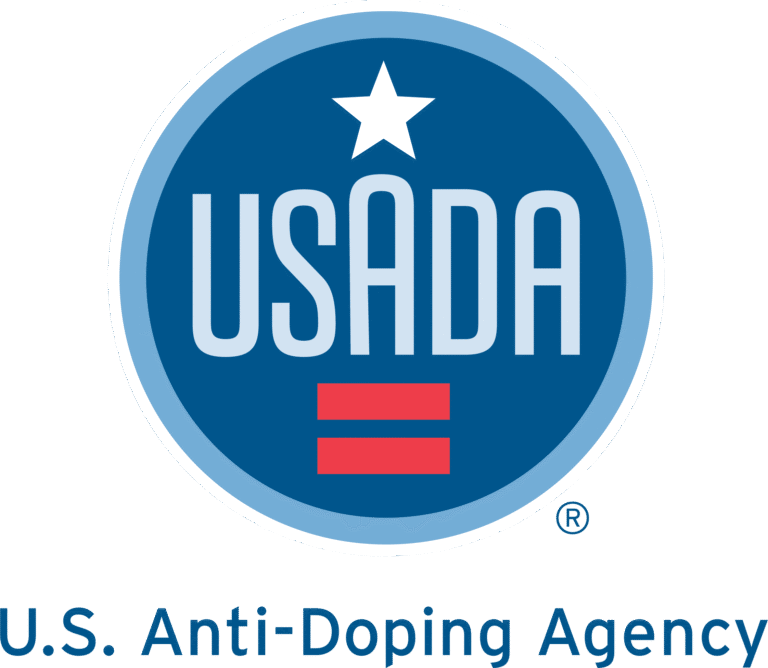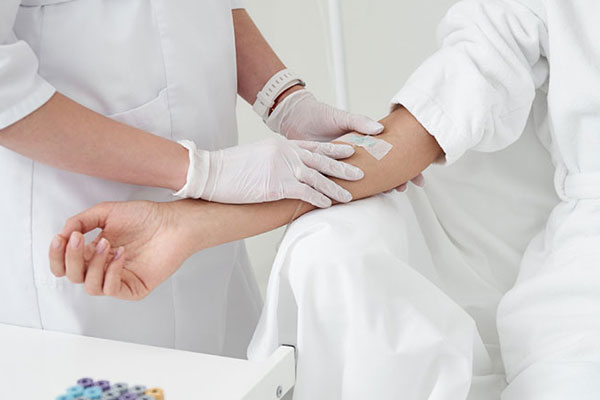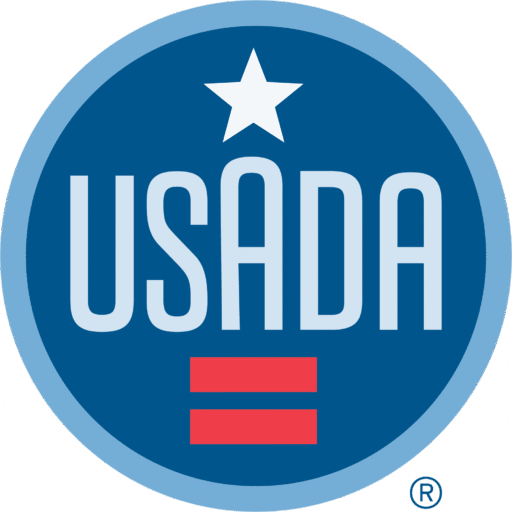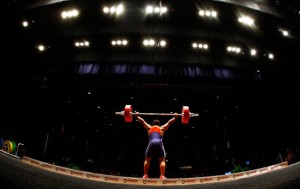
What Athletes Need to Know about Wellness and Anti-Aging Clinics
There are an increasing number of health clinics that advertise to be anti-aging or wellness clinics, many of which provide compounded pharmaceuticals, herbal medicines, steroid hormones, unconventional treatment methods, and dietary supplements to treat various maladies.
While these therapies may seem routine or safe, it’s important for athletes competing in sanctioned events, even those at the non-national or recreational level, to recognize that some of these treatments may be prohibited under anti-doping rules. Moreover, the various healthcare providers who work in these clinics may not be aware that their treatments are prohibited in sport.
Keep reading to learn more about wellness therapies in relation to anti-doping rules, and as always, make sure to check GlobalDRO.com or email drugreference@usada.org before using any medication.
 Hormone Replacement Therapies
Hormone Replacement Therapies
Many anti-aging or wellness clinics offer hormone replacement therapy (HRT) or bioidentical hormone replacement therapy (BHRT) as a method to treat natural changes that occur with aging, such as menopause in women or decreasing testosterone levels in men. Hormones, including prohibited steroid hormones, may also be prescribed to address lack of stamina, improve bone density, and treat general fatigue or a number of other issues.
Many of the steroid hormones used in these therapies, such as testosterone and dehydroepiandrosterone (DHEA), are prohibited at all times under the World Anti-Doping Agency (WADA) Prohibited List and for all competitive athletes, including non-national, junior, recreational, and masters level athletes. The prohibited status of testosterone and DHEA does not depend on whether the substance is natural, bioidentical, or synthetic. They are still prohibited regardless of how they are manufactured, marketed, or used.
Your health provider might tell you that testosterone or DHEA are not considered performance-enhancing drugs if they are only bringing your hormones back to their normal level. However, the use of testosterone or DHEA in any amount and regardless of the route of administration is prohibited under anti-doping rules unless you have an approved Therapeutic Use Exemption (TUE).
In most cases, hormone replacement therapies involve taking tablets, using creams or patches, getting injections, or having pellets (pellet therapy) or other slow-release devices implanted under the skin. If you are prescribed a hormone replacement therapy, it is essential that you understand exactly what is in your medicine.
 Medical Weight Loss
Medical Weight Loss
To assist with weight loss, some wellness clinics prescribe the stimulant phentermine, which is prohibited in-competition.
Another commonly used medication for weight loss is human chorionic gonadotropin (hCG), a hormone prohibited at all times in males. Even though hCG is not prohibited in women, female athletes should still be cautious. According to the Food and Drug Administration (FDA), hCG is approved as a prescription drug for the treatment of female infertility, but it is not approved for weight loss. In fact, the prescription drug label notes there “is no substantial evidence that it increases weight loss beyond that resulting from caloric restriction, that it causes a more attractive or ‘normal’ distribution of fat, or that it decreases the hunger and discomfort associated with calorie-restricted diets.”
Even though it is not approved for weight loss, some doctors choose to prescribe hCG for that purpose anyway. Keep in mind that hCG is not approved for over-the-counter sale for any purpose and it is illegal to sell hCG as a dietary supplement or homeopathic medication.
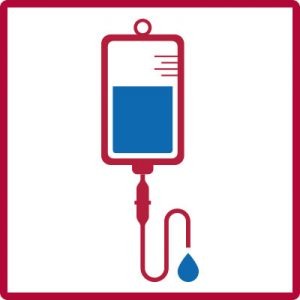 Intravenous (IV) Infusions of Vitamins or Saline
Intravenous (IV) Infusions of Vitamins or Saline
Some wellness clinics offer intravenous infusions of vitamins (sometimes called Meyers cocktails) that might be advertised as “boutique,” “concierge,” or “hang-over cure” IV infusions. They might even offer mobile or “ambulatory” IV infusion units that will come to your hotel, home, or other location. All intravenous injections of more than 100 mL in a 12-hour period are prohibited at all times, regardless of what is in the IV bag.
The only exception is if an IV is legitimately received in the course of hospital treatment, surgical procedures, or clinical diagnostic investigations. For the purpose of anti-doping rules, wellness or anti-aging clinics are not considered a hospital setting.
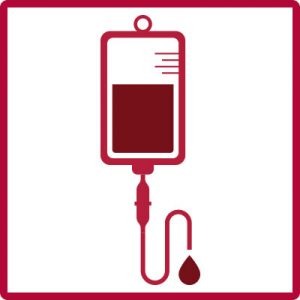 Ozone Therapy
Ozone Therapy
Ozone therapy, a treatment that introduces ozone into the blood stream, can be conducted in a number of ways. With one type of ozone therapy, blood is removed from a vein, infused with ozone, and then reinjected back into the body. This method of ozone therapy, called autohemotherapy, is prohibited at all times. While ozone itself is not prohibited as a substance, all treatments that remove and reintroduce blood into the circulatory system are prohibited.
Ozone therapy can also be performed through rectal insufflation, where ozone molecules are generated and passed into the colon through a catheter. Ozone therapy by rectal insufflation is permitted.
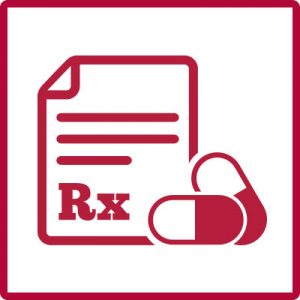 Compounded Medications
Compounded Medications
Wellness and anti-aging clinics often prescribe or custom-make individualized medications for each patient, which requires that a compounding pharmacy mix the product.
Athletes who have a prescription for a compounded medication or a compounded supplement should be aware that compounding pharmacies have additional risks for athletes. Compounded products are more likely than prepackaged prescription products to be contaminated because they are mixed by hand on workbenches where prohibited substances are often mixed as well. With compounded products, there is limited regulatory enforcement.
 Adrenal Fatigue Therapies
Adrenal Fatigue Therapies
In recent years, wellness clinics have started diagnosing a condition dubbed “adrenal fatigue,” which they treat by prescribing oral cortisone that is prohibited in-competition.
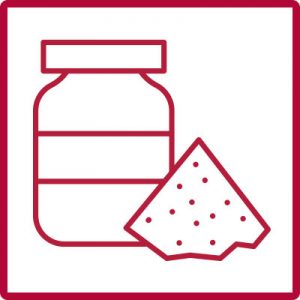 Dietary Supplements
Dietary Supplements
Dietary supplements are regulated in a post-market fashion, which means that no regulatory body approves the accuracy of the label or safety of the contents before they are sold to consumers. As such, no dietary supplement can be guaranteed to be 100 percent risk-free. If athletes choose to use supplements despite the risks, USADA has always recommended that athletes use only dietary supplements that have been certified by a third-party program that tests for substances prohibited in sport. USADA currently recognizes NSF Certified for Sport® as the third-party certification program best suited for athletes to reduce the risk from supplements. Visit USADA’s NSF Athlete Advisory for more information on how to reduce your risk from supplements.
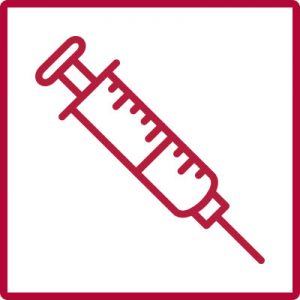 Stem Cell Therapies and Orthobiologics
Stem Cell Therapies and Orthobiologics
Anti-aging or wellness centers may also offer a variety of stem cell or other orthobiologic treatments. Most commonly associated with sports injuries, orthobiologics are biological substances used to speed the healing process for musculoskeletal injuries.
According to the WADA Prohibited List, “stem cell injections may or may not be prohibited, depending on how the cellular material is manipulated or modified for use.” In most cases, stem cell therapy is permitted if no prohibited substances are added to the material and the stem cells are locally applied only to the injury with no intent to enhance performance. Stem cell injections are prohibited if the product is modified in a way that can offer performance-enhancing benefits. Click here for more information.
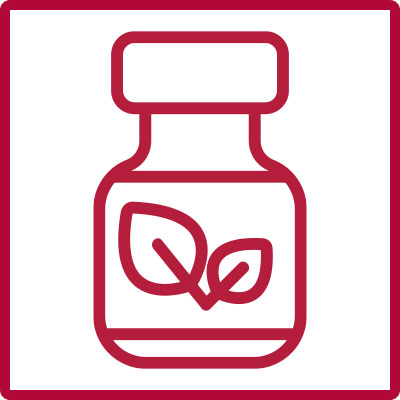 Homeopathic Remedies
Homeopathic Remedies
There are no FDA-approved homeopathic remedies and such products reach the market without any FDA evaluation of safety or effectiveness. Through testing, the FDA has later identified some homeopathic products that contain active pharmaceutical ingredients, as well as products that are unsterile or otherwise unsafe. Please see the FDA consumer advisory for more information.
Because homeopathic medications are manufactured and sold without strict pre-market review, USADA is not able to guarantee that the labels are accurate and therefore cannot provide an anti-doping status for homeopathic medications. Homeopathic remedies, like supplements, are used at the athlete’s own risk.
Even when a treatment is prescribed, athletes should check on the anti-doping status of any procedure or medication and determine if they need an approved TUE. For questions about specific products, substances, and methods, contact USADA’s Drug Reference Line at drugreference@usada.org or call (719) 785-2000, option 2.
